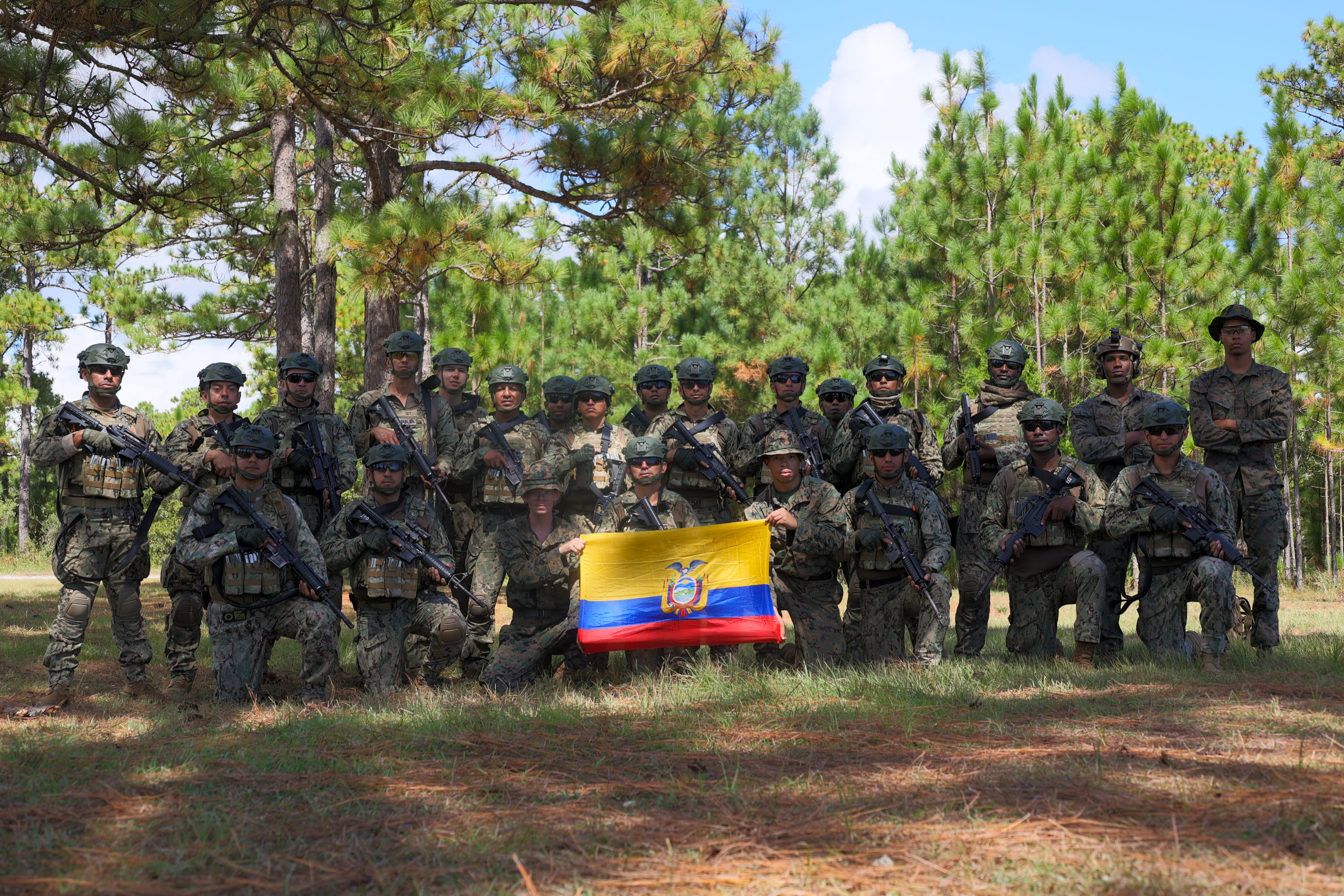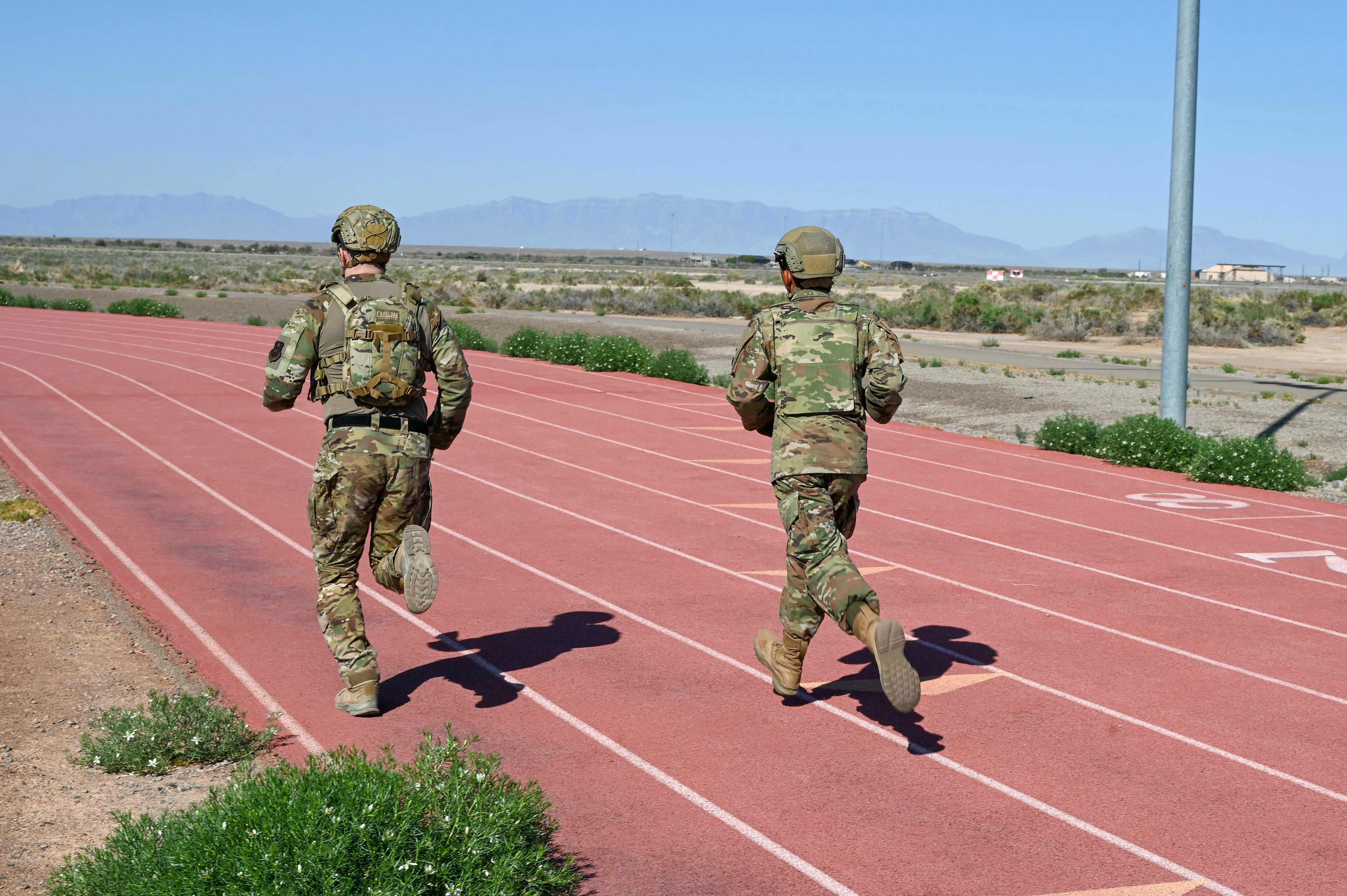GENEVA — The U.N. envoy for Syria will begin holding "substantive" peace talks with both Syria's government officials and opposition representatives no later than next Monday, a spokeswoman for the envoy said Tuesday.
The resumption of Syria peace talks has been expected ever since a U.S.-Russia-engineered cease-fire, which went into effect on Feb. 27, sharply reduced the bloodshed in the five-year war. The truce — though limited and tentative — has mostly held, even as sporadic fire has continued.
Staffan de Mistura is still planning for the talks to officially start Wednesday, but logistics and other issues have meant that delegations are likely to arrive in Geneva over several days, spokeswoman Jessy Chahine said.
Opposition leaders have set conditions before they agree to rejoin the planned talks, and it is not yet certain whether they would indeed attend.
Mistura "will start substantive meetings with those who are in Geneva by latest the 14th of March," Chahine told reporters. She said the talks would resume "in a staggered and proximity system," meaning that they are to take place in various phases and not face-to-face, at least initially.
While the cease-fire has significantly reduced the violence, a mayor of a Turkish city near the Syrian border said at least three rockets fired from Syria landed on the Turkish side of the border Tuesday, killing one person and wounding another. Kilis' mayor Hasan Kara said one rocket hit a populated neighborhood, causing casualties and panic, and two other rockets exploded on an empty patch of land.
It was not immediately clear who fired the rockets or whether Turkey's military — which has been retaliating to any rockets or shells fired from Syria into Turkey — had fired back in response.
De Mistura has been hoping to restart peace talks between representatives of Syrian President Bashar Assad's government and the so-called moderate opposition. Militant factions and those designated as terrorist organizations — such as the Islamic State group and the Nusra Front, Syria's al-Qaida branch — are excluded from the cease-fire and peace talks.
The first and previous round of talks collapsed within days in early February over a Russian-backed government offensive near the northern city of Aleppo. Russia has supported Assad with a military campaign involving blistering air power.
The cease-fire has been shepherded by Russia and the United States through the International Syria Support Group, a group of world and regional powers and organizations that includes several Western powers as well as Turkey, Iran and Saudi Arabia.
A French diplomat said Tuesday that the Syrian opposition was still debating involvement in new talks, and will give its answer in the coming days. He said the conditions are only partially met to resume negotiations, saying there is a lot of progress yet to be made.
The diplomat, who was not authorized to be publicly named, warned against holding talks too hastily, or holding them if the opposition is not ready to join, saying that could be counter-productive. He said talks should only resume if they are credible, and said participants should understand the opposition's concerns about holding talks while they're being bombed.
The official said Russian bombing had decreased since the cease-fire began, and went down sharply over the last two days, but that Assad's forces were still bombing this week.
Associated Press Writers Angela Charlton in Paris and Suzan Fraser in Ankara, Turkey, contributed to this report.





